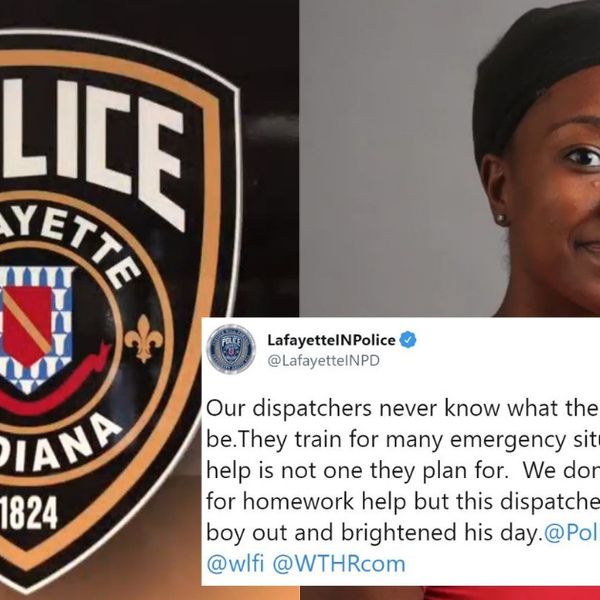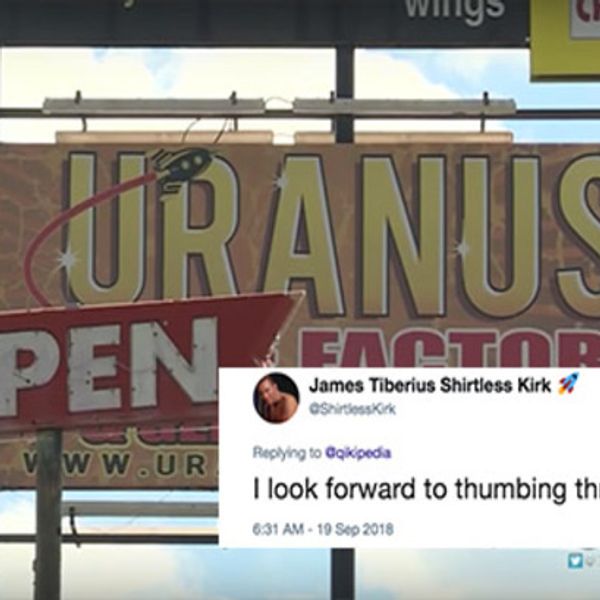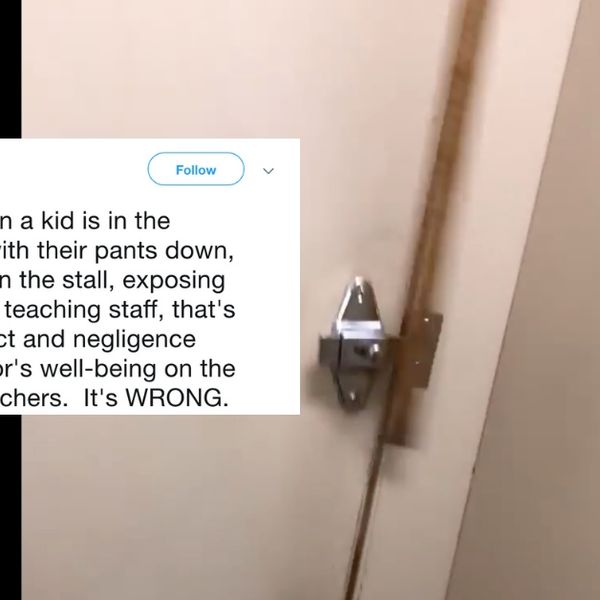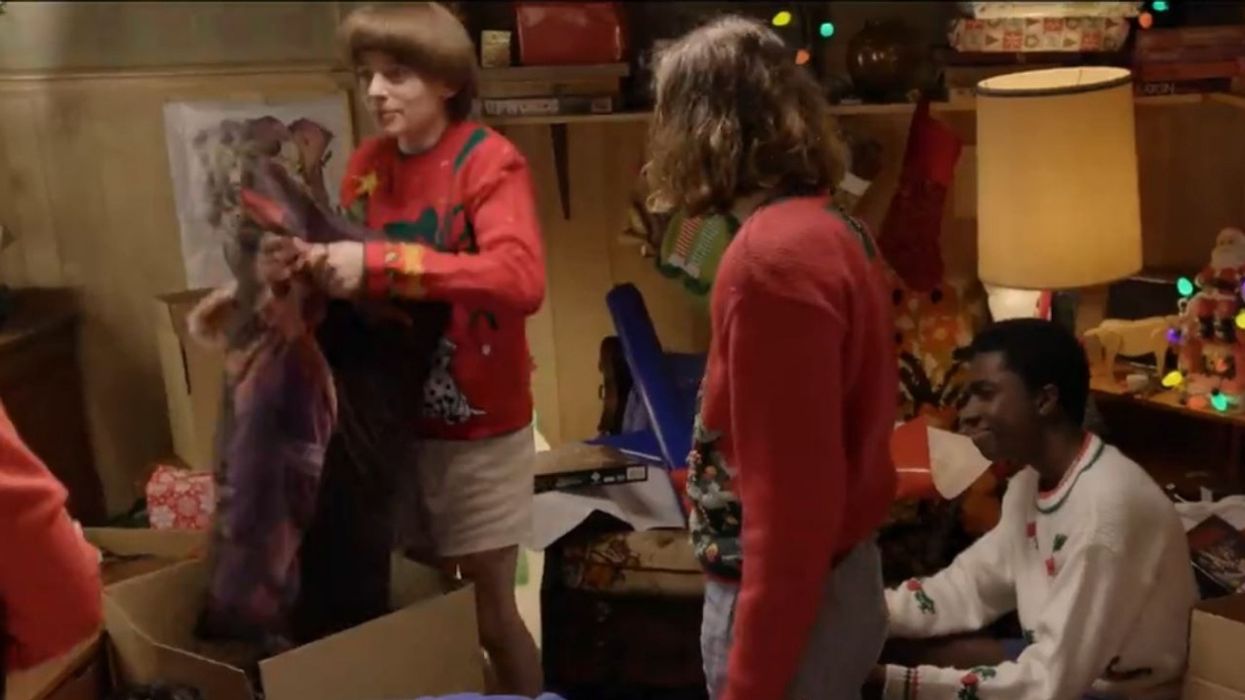June, 2002
(The June installment of George Takei's monthly column has been canceled
because of his mother's passing. George's column is scheduled to return in July.)
Obituary Fumiko Emily Takei passed away in Los Angeles on May 25, 2002, after a long illness. She was 89.
Fumiko Emily Takei passed away in Los Angeles on May 25, 2002, after a long illness. She was 89.
She was born in Florin, California, on September 29, 1912. She was the daughter of Benkichi and Shigeno Nakamura.
In 1922, her parents sent Fumiko to Japan to be educated. She returned to California, and, in 1935, she married Takekuma Takei in Los Angeles.
With the outbreak of World War II, Fumiko and her family together with 120,000 other Japanese Americans were placed behind the barbed-wire enclosures of United States internment camps. They were evacuated from their Los Angeles home in 1942, first to the Santa Anita Race Track assembly center, then to the internment camp at Rohwer, Arkansas, and then to the internment camp at Tule Lake, California. They returned to Los Angeles after the war.
Widowed in 1979, she was active in the Hompa Hongwanji Buddhist Temple and the Pioneer Center. She was a dedicated volunteer at the Koreisha Chushoku Kai senior citizens hot meal program.
Fumiko and her husband were avid travelers, having covered almost all the continents of the globe. They had been to the African countries of Kenya and Tanzania, Iran, Egypt, India, Singapore, Tahiti, Bora Bora, the Russian cities of Moscow and St. Petersburg, South America, Europe, and Asia. In recent years, she joined her son George on cruises to Alaska, Bermuda, Mexico, and the Caribbean.
She is survived by her children George Takei, Henry Takei, and Nancy Reiko Takei, all of Los Angeles; her grandchildren, Scott Takei of Los Angeles and Akemi Louchheim of Seattle; two great-grandchildren, Hana and Markus Takei of Los Angeles; and her sisters Yukiko Tamura of Hiroshima, Japan, and Setsuko Thurlow of Toronto, Canada. Fumiko's and Takekuma's first-born child, Furuto, died in infancy.
In lieu of flowers, the family requests that donations be made to the Japanese American National Museum, 369 East First Street, Los Angeles, CA 90012.
'Captain Marvel' May Have Just Introduced A New Black Female Superhero Right Under Our Noses
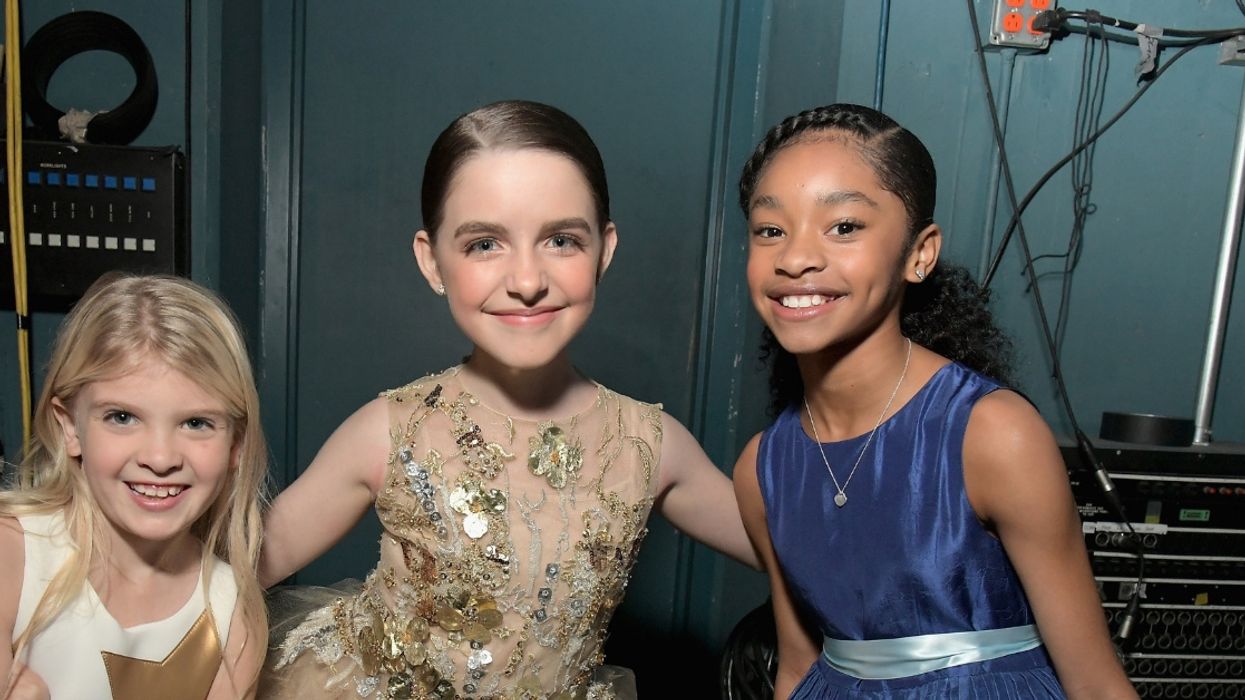
Warning: Minor spoilers ahead.
Nothing is a coincidence in the complex Marvel Cinematic Universe.
Now that Marvel Studios and Disney finally gave a female superhero her own movie, we realize Captain Marvel may have introduced a young character who takes on a more significant role in the future of the MCU.
The '90s-set origin story is led by the dual personalities of Carol Danvers — a U.S. Air Force pilot; and Vers, a Kree from the planet Hala in another life — and becomes Captain Marvel, expertly played by Brie Larson.
Without sounding too cryptic, Captain Marvel is the sum of Carol and Vers, and the complex narrative revolves around Vers finding out about her past.
Captain Marvel introduces us to a varied ensemble of personalities, including a young Nick Fury, played by Samuel L. Jackson, with whom she teams to fight off shape-shifting aliens called skrulls.
Instead of relying on a male love interest, Danvers has a best friend in Maria Rambeau, played by Lashana Lynch, giving the genre a refreshing feminist twist on the buddy action flick.
But it's Maria Rambeau's daughter Monica (Akira Akbar) who is making ardent fans giddy with anticipation about the character's future.
The precocious 11-year-old is, for all intents and purposes, just an adorable, "normal" kid who has ambitions of flying in the Air Force to emulate "Auntie Carol."
Monica's bravery belies her age as she encourages her mother to flee into space at the risk of never seeing her again for a mission involving the skrulls.
But there is more to her intelligence and inherent altruism, and those familiar with the comics are aware of her exciting destiny.
Refinery 29 revealed that the adult Monica Rambeau is just another iteration of Captain Marvel, and she is expected to come into prominence during the supposed 24-year time gap between Captain Marvel and Avengers: Endgame.
Monica's origin story includes being a lieutenant in the New Orleans harbor patrol who comes into contact with "extra-dimensional energy" while preventing the creation of a powerful weapon.
As a result, she is able to manipulate, absorb and create energy.
According to the Hollywood Reporter, Monica is the second of six characters to take on the name of Captain Marvel and becomes the leader of the Avengers. She eventually adopts the codenames: Photon, Pulsar and in 2013, Spectrum.
The multifarious identities are complex for the uninitiated, for sure.
This might help:
Fans are keeping their fingers crossed in the hopes that we'll be seeing the black female superhero's destiny realized.
As we've seen in Black Panther, the emergence of more black female superheroes is encouraging, and the seed planted with Monica Rambeau in Captain Marvel augurs a bright and exciting future for the MCU.
People Are Roasting Trump Over His Mind-Numbing Observation About The Wetness Of Water 😂
Donald Trump thanked the first responders who came to the aid of victims of Hurricane Florence. The storm devastated portions of North Carolina, dumping massive amounts of rain and damaging millions of dollars in property. Many natural areas were destroyed, some farmers lost everything and more than a few people have been left homeless. The first responders after this massive storm were literal life savers, and Trump was absolutely right to thank them. Unfortunately, the sentiment of his message was lost for many people because he didn't seem to put any effort or preparation into what he was saying. Then, in the middle of his off-the-cuff message, he confused everyone by talking about the wetness of water.
As Trump described the storm and the importance of first responders he told the world:
This is a tough hurricane, one of the wettest we've ever seen from the standpoint of water. Rarely have we had an experience like it and it certainly is not good.
The Tweet went out in the middle of the day on Tuesday, September 18th. At the time of this article, it hasn't even been up for 24 hours and already has over 13,000 comments. Many of them pointed out how Trump didn't even seem to try...
and how asinine his description was.
We don't know if Trump will continue to address the public by releasing these kinds of videos, or if they will continue to be as unrehearsed as this one is. We assure you, if they are, Twitter will have plenty to say about it.
H/T: Huffington Post, Twitter
The Kids From 'Stranger Things' Wrapped Presents For Superfans—And Did A Delightfully Terrible Job 😂
When it comes to giving gifts, not all celebrities are as crafty as Taylor Swift, but that didn't stop the adorable stars of Netflix's Stranger Things from giving it a try.
In a recently released video from Netflix, actors Millie, Finn, Noah, Caleb, Gaten, and Sadie got together for some holiday cheer and to wrap gifts for fans. But kids will be kids, even if they star in a hit television show. Watch as chaos ensues.
Fans loved every moment, even if the kids weren't the greatest wrappers.
We just can't get enough of these talented kids!
Macaulay Culkin Is Having Fans Vote On What He Should Legally Change His Name To—And The Options Are Bizarre 😮
Have you ever wanted to help your favorite celebrity reach their potential by giving them a new name? Fans of Macaulay Culkin will be able to do just that, as he's allowing them to vote and pick his new middle name.
The choices are beyond strange.
In a segment on The Tonight Show with Jimmy Fallon, Culkin announced his desire to change his middle name to something else. He allowed people to submit names for the last month, and narrowed those down to the top five.
Some of the suggestions were interesting, to say the least.
The official choices: Shark Week, The McRib Is Back, Kieran (submitted by his famous younger brother), Macaulay Culkin, and Publicity Stunt. That last one was suggested by Culkin's girlfriend, actress Brenda Song, and gives away the game.
Fans are still excited to vote for his new name.
This is all a publicity stunt to drive traffic to Culkin's website, Bunny Ears, launched earlier this year in March. The site bills itself as a lifestyle and holistic health brand, similar to Gwyneth Paltrow's Goop. However, the articles are jokes or satirical.
Good luck finding the site if you tried to go there right after the Fallon segment.
With articles like "A Tour Guide Of The Places Where Men Have Dumped Me" in their 'Travel Guides' section, or "Meditative Things White People Can Do While Black People Attempt To Explain White Privilege" under 'Spiritual Wellness,' it's difficult to imagine the site is wanting for traffic.
Time will tell what Culkin's new middle name will be, but as of this writing, it's looking like he'll be known as Macaulay Macaulay Culkin Culkin. Which is a shame, because Macaulay Shark Week Culkin had such a nice ring to it.
H/T: Huffington Post, Bunny Ears

